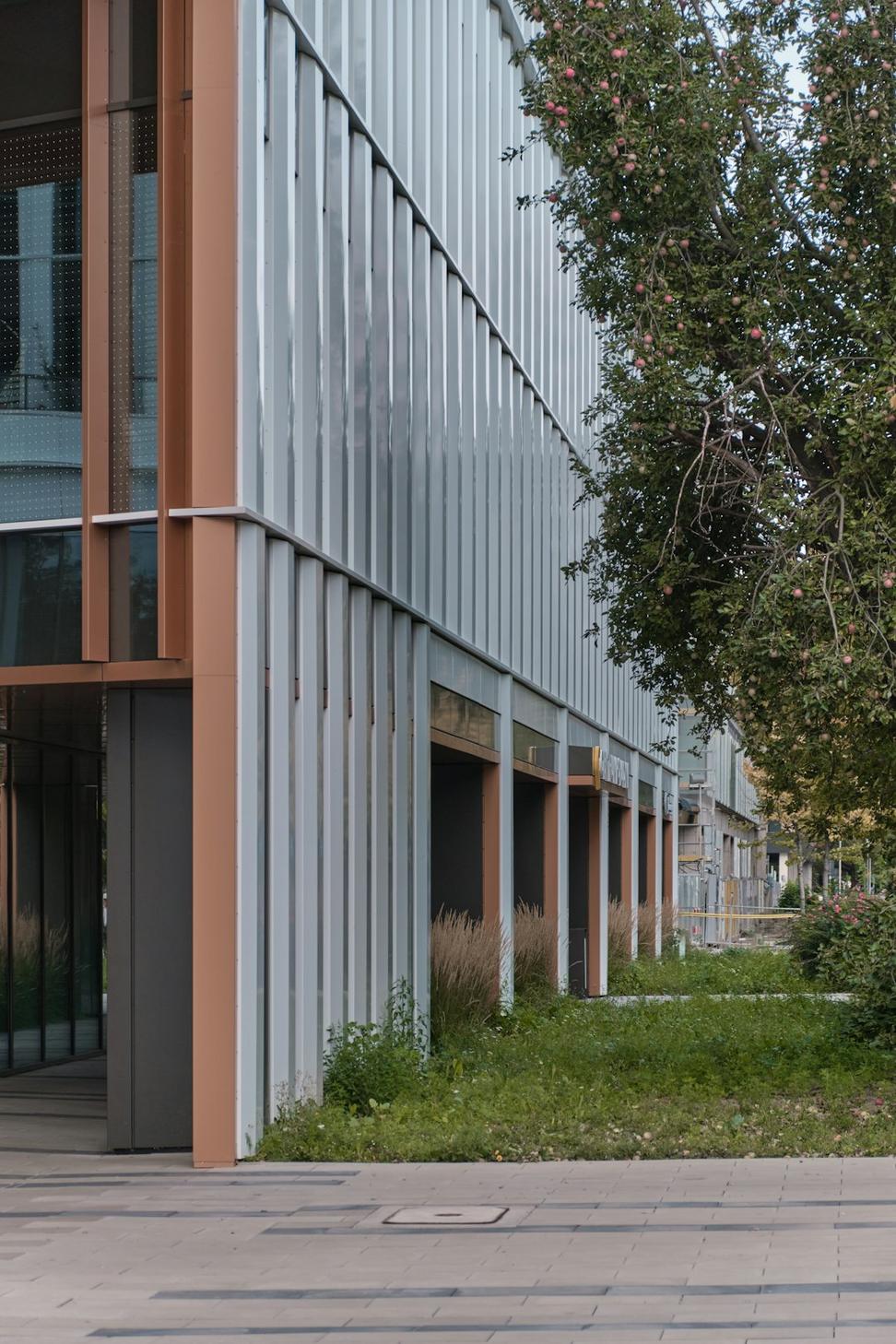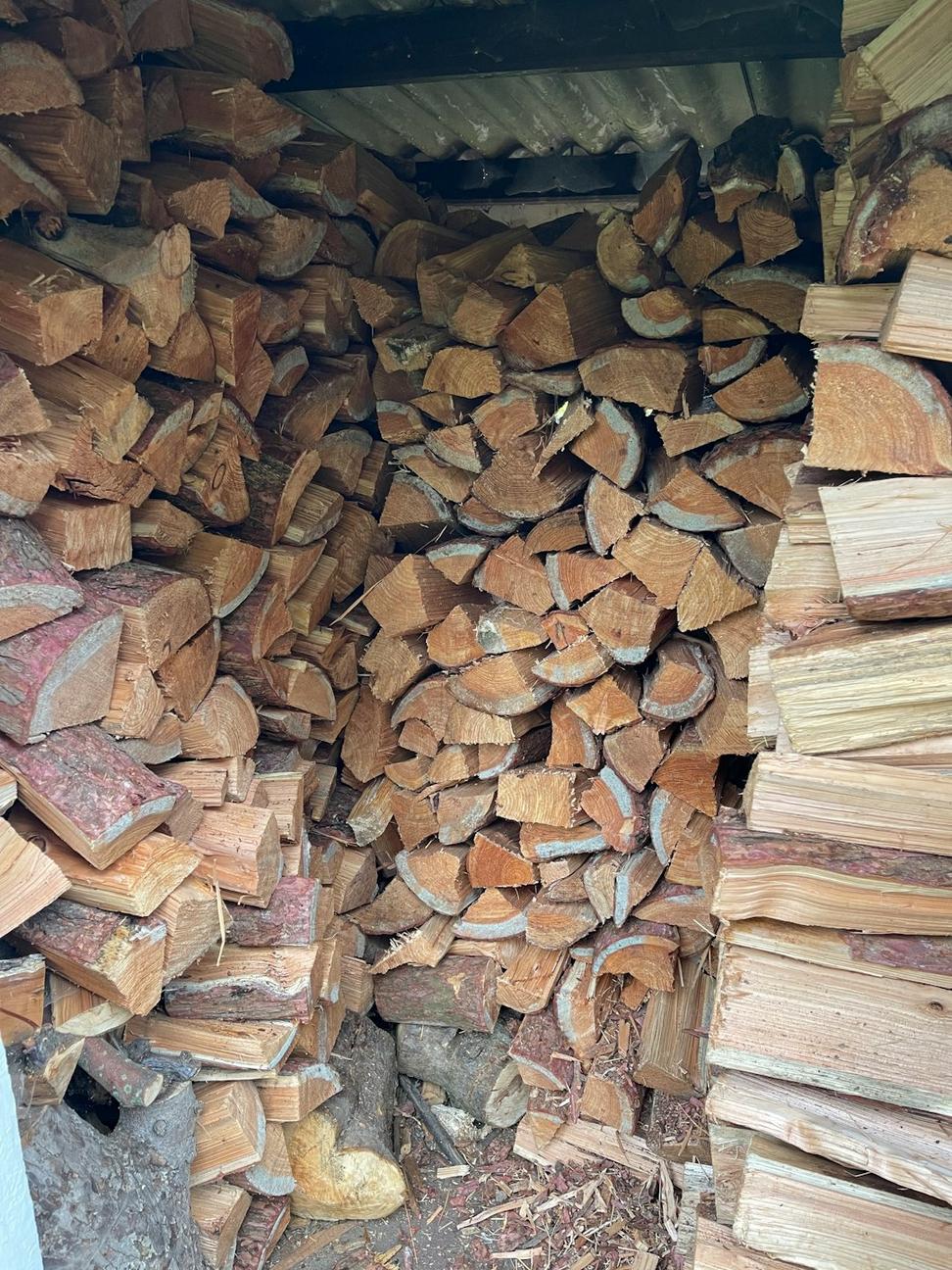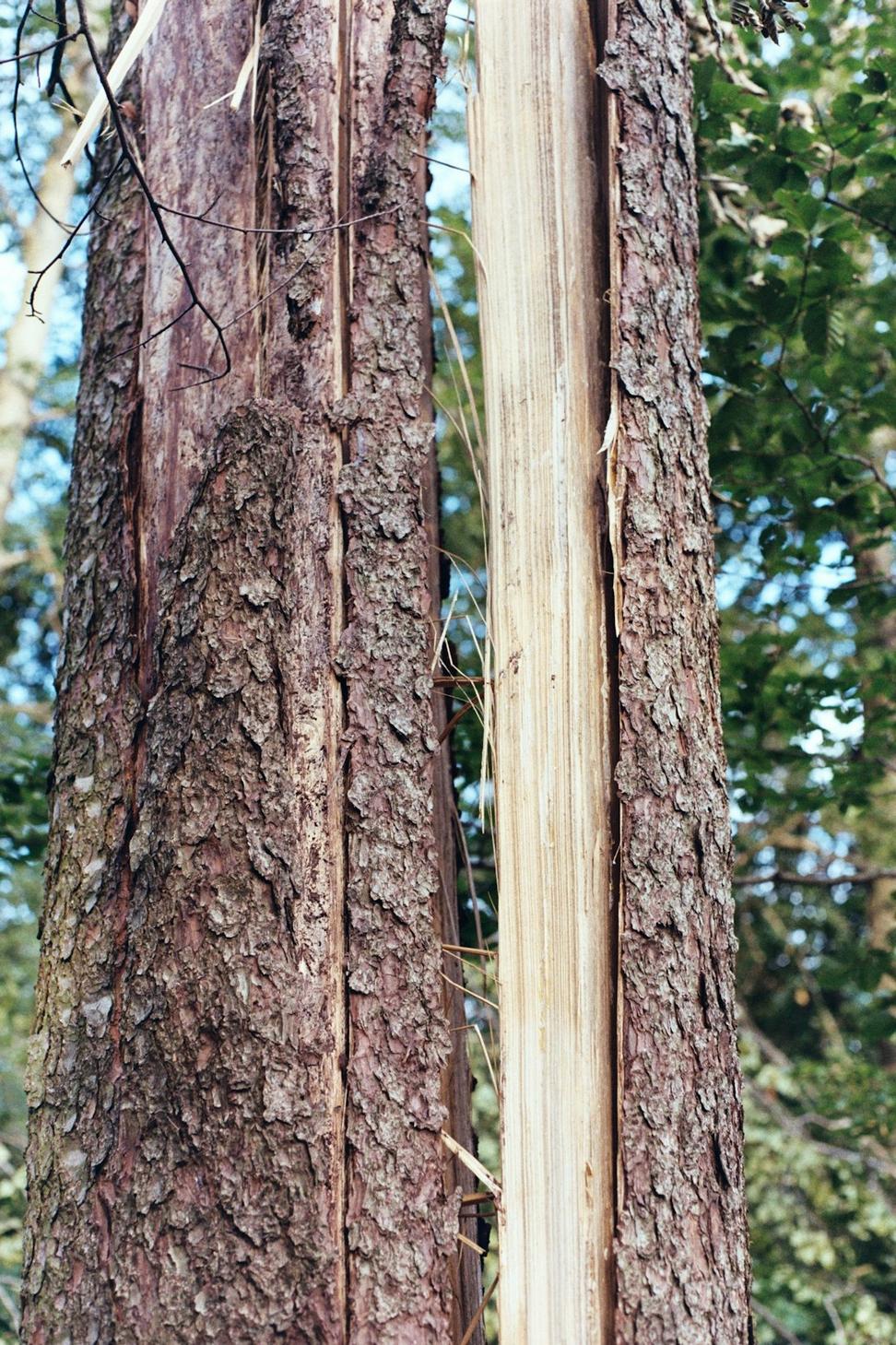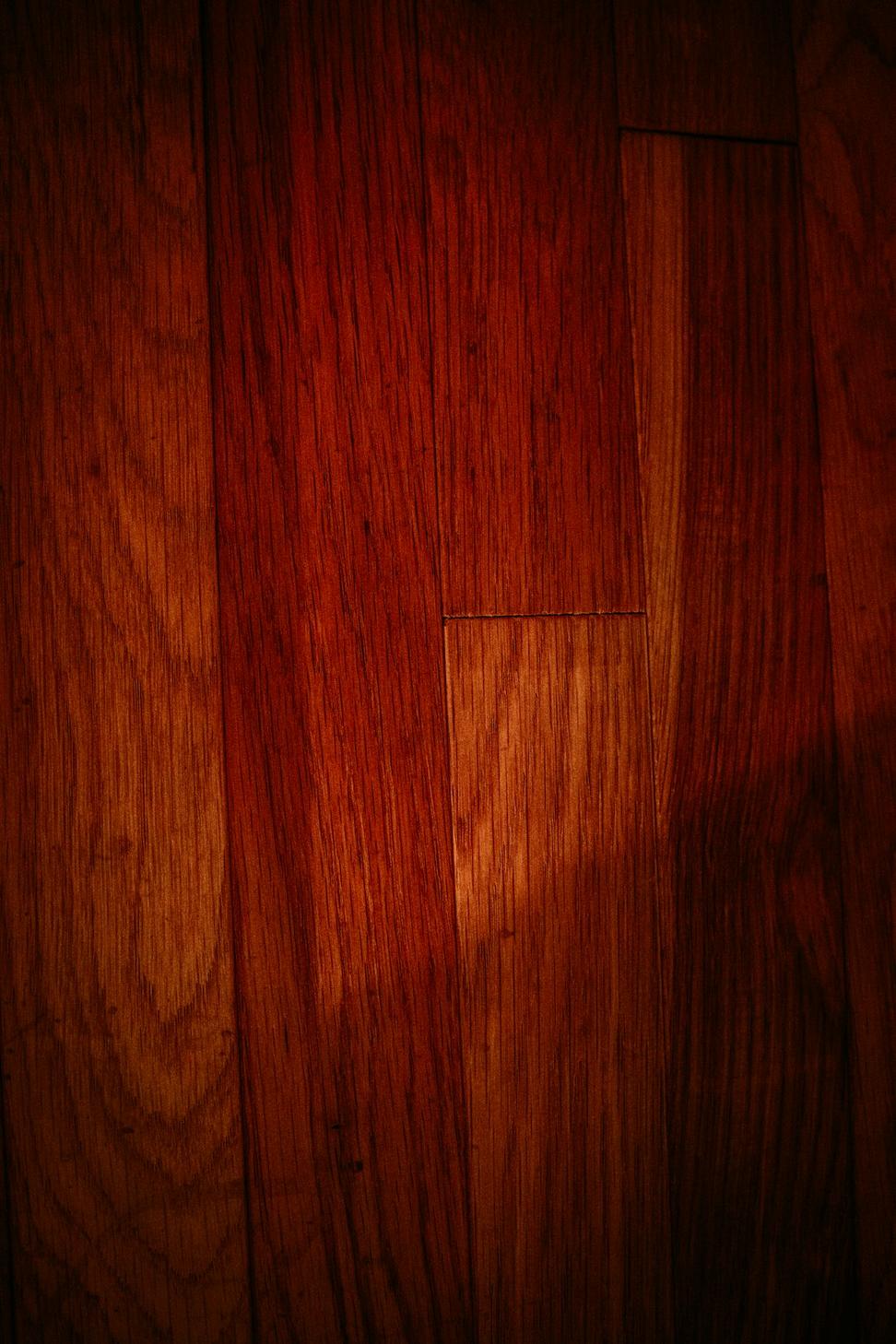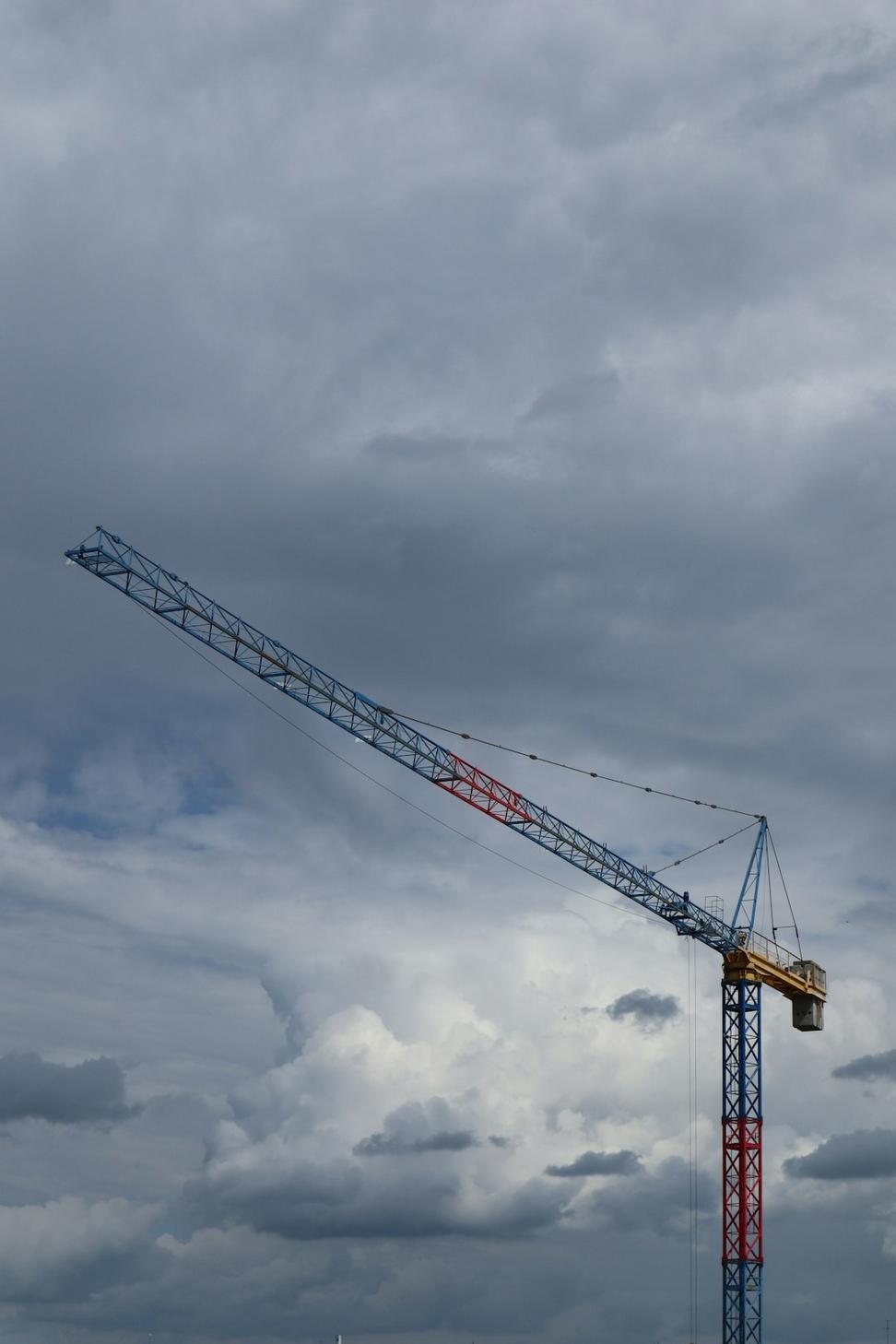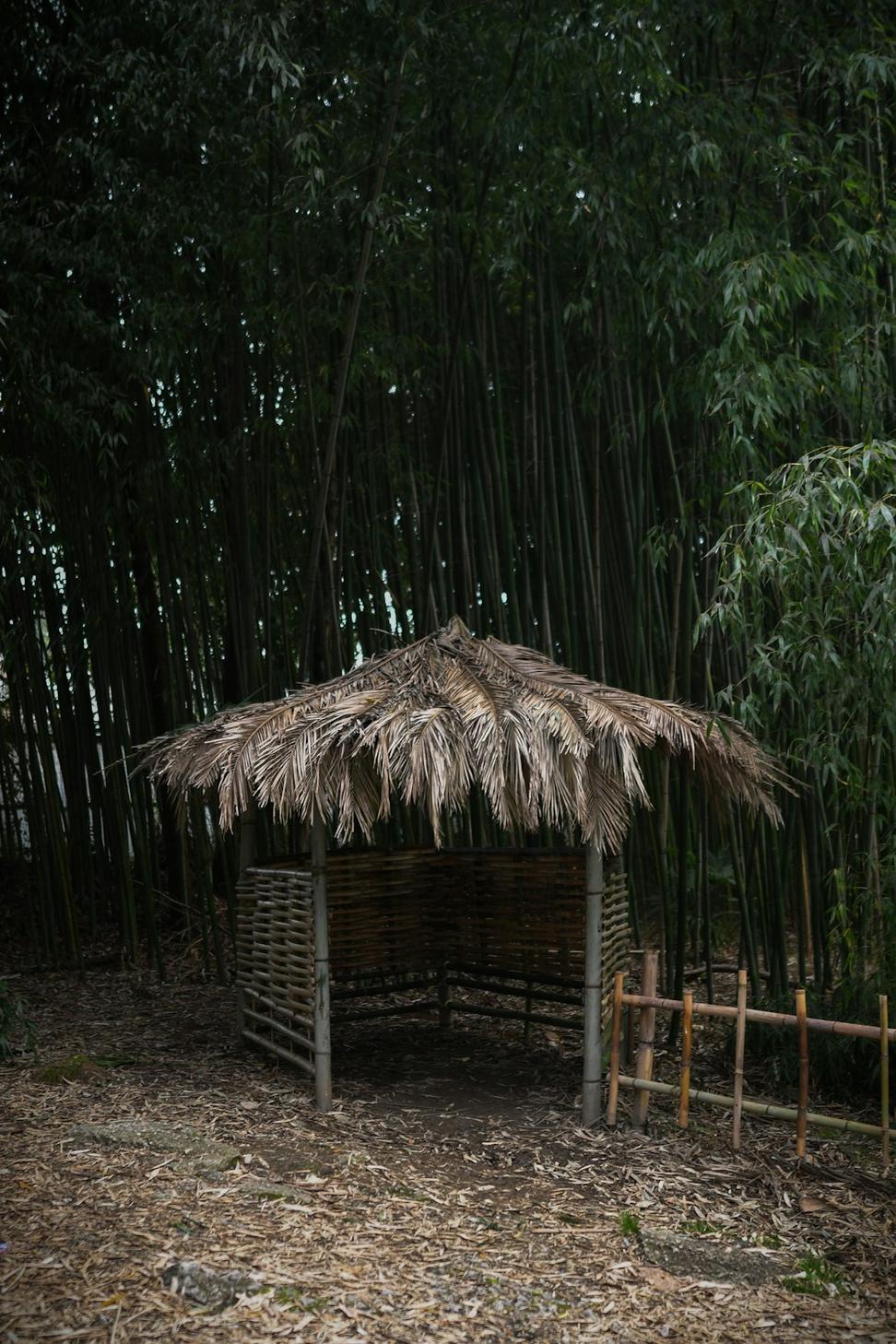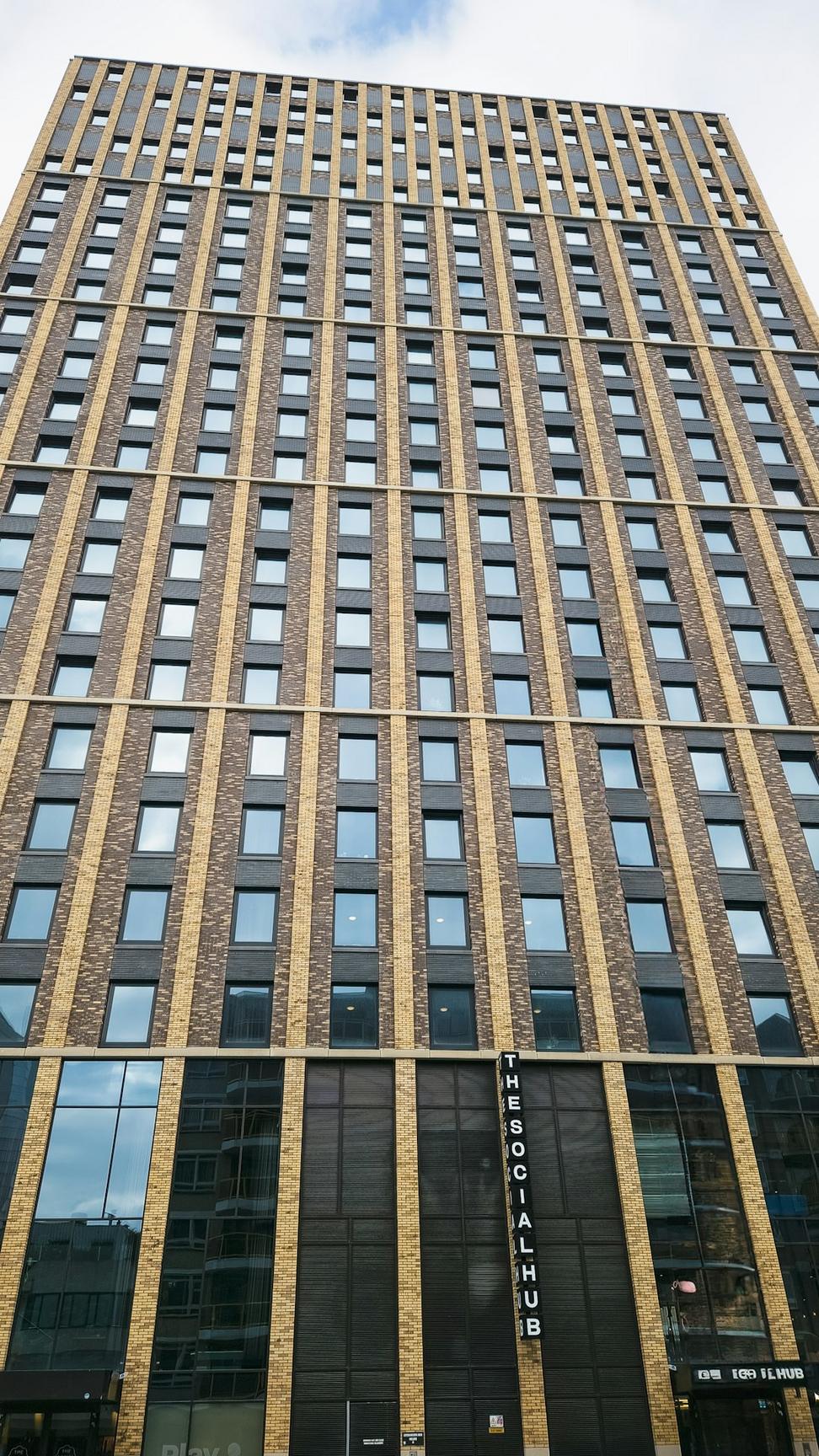Building Green Isn't Optional Anymore
Look, we've been in this game long enough to see the shift happen. What used to be a nice-to-have is now absolutely essential. Our approach to sustainability isn't about checking boxes—it's about making buildings that actually give back more than they take.
87%
Carbon Reduction43
LEED Projects15+
Years Experience